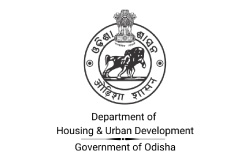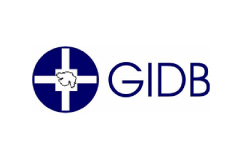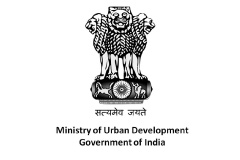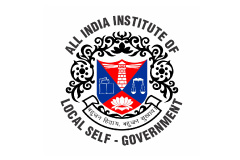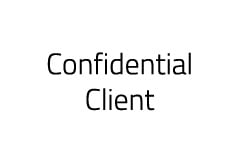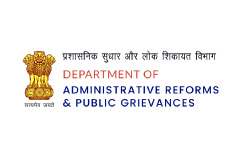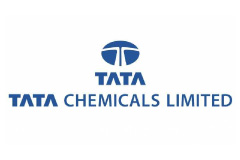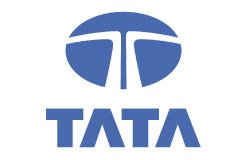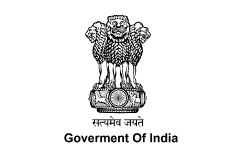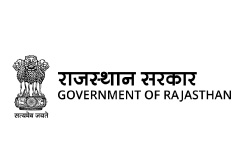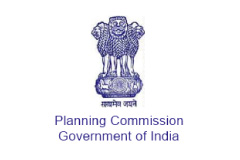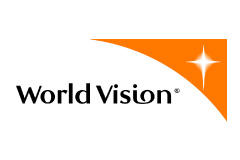
Capacity Building & Institutional Strenghtening
Institutional strengthening and capacity building are continuing processes that help people, groups, organisations, and society become better at recognising and addressing development difficulties. The activities often involve knowledge management system deployment, senior executive manpower training, and similar things.
“The process of developing and enhancing the skills, instincts, abilities, processes, and resources that organisations and communities need to survive, adapt, and thrive in a rapidly changing world” is the definition. The method of improving an organization’s ability to produce, perform, or deploy is also referred as capacity building. It is carried out to advance an organisation. The operational, financial, organisational maturity, and sustainability all increase as a result. It results from a demonstrable improvement in an organization’s capacity to successfully and successfully carry out its mission.
There are three main levels of a capacity building model
- The individual: The focus here is to equip individuals with the right tools which enable them to perform effectively.
- The organization: The focus here is the development of the organization and integrating the skills and training in the processes and programs of the organization.
- The broader ecosystem: The focus here is capacity development of the institution or the system.
Developing capacity is an investment in your organization’s long-term success. Due to its dynamic character, institutional strengthening and capacity building must be done in a step-by-step manner. It is crucial to maintain flexibility while creating projects and the supporting frameworks. It is essential to allow for a process of understanding and adapting to the changing environment and circumstances. It offers a solid foundation for your company to grow from. You run the danger of organisational instability without it. By creating a suitable capacity building plan to meet their most urgent needs, we assist businesses.
We provide organisations and institutions with technical support that is required in this front. At this level, our goal is to work with the client to refocus and streamline the organization’s structure, procedures, management resources, and capabilities so that it is better able to carry out the duties and responsibilities delegated to it. Making sure that the gains made are internalised and maintained beyond the life of the intervention is a critical and difficult component of this procedure. In this regard, a large number of the issues we face can be directly linked to an institution’s inability to generate enough revenue, which has a detrimental effect on the institution’s whole structure and operations.
How can we help?
- We carry out a selection process for the recruitment of qualified personnel
- We ascertain the needs of a business and provide immediate solutions
- We assist with the implementation of these solutions
- We assess capacity needs and assets
- We identify areas of inefficiencies that require additional training
- We assess the policies and frameworks
- We assist with skill development and knowledge management
- We provide institutional support in the form of strategic development plans and audits.
FAQs
Capacity building is a strategic process that aims to enhance an organization’s abilities, skills, and resources to achieve its mission and goals effectively and sustainably. It is important because it strengthens an organization’s resilience, adaptability, and performance in a dynamic and competitive environment.
It can offer various benefits, including improved operational efficiency, enhanced staff skills and knowledge, better resource utilization, increased innovation, and the ability to respond to emerging challenges and opportunities.
Common areas of capacity building include staff training and development, leadership and management skills, strategic planning, financial management, organizational governance, and technology adoption.
Signs that an organization may require capacity building include stagnation in growth, poor financial performance, lack of innovation, inadequate workforce skills, and an inability to adapt to changes in the external environment.
Identifying capacity building needs involves conducting a comprehensive assessment of the organization, setting clear goals and objectives, and aligning those with the current and anticipated challenges and opportunities.
A consultant provides expertise and guidance to help organizations identify capacity gaps, develop tailored business plans, and assist in the implementation of strategies to strengthen the organization.
The duration varies depending on the scope and depth of the changes required. It can range from several months to a few years. The process is ongoing and should be integrated into the organization’s culture.
It can positively affect employees by enhancing their skills and knowledge, leading to career growth and job satisfaction. It can also enhance stakeholder confidence, potentially attracting more support and investment.
Yes, it is essential for organizations to adapt to evolving business landscapes. It equips staff with the skills and knowledge needed to embrace technological advancements and innovate effectively.
Capacity building can lead to improved financial performance by optimizing resource allocation, better workload management, and enhancing operational efficiency. It contributes to the overall sustainability and resilience of the organization.
While capacity building is essential for growth and sustainability, success depends on factors such as the quality of training, the organization’s ability to apply new skills and knowledge, and the alignment of capacity building efforts with strategic objectives.
Preparation involves conducting a needs assessment, defining clear objectives, securing resources, selecting appropriate training methods or consultants, and developing a structured capacity building plan.
Risks may include resistance to change, disruptions to daily operations, and the potential for misaligned training. These can be mitigated through effective change management, clear communication, and alignment with the organization’s goals.
To determine the need for capacity building, start by conducting a comprehensive assessment of your organization’s strengths and weaknesses. If capacity building is deemed necessary, the first step is to seek expert guidance or consulting services and develop a tailored capacity building plan aligned with your organization’s strategic goals.





